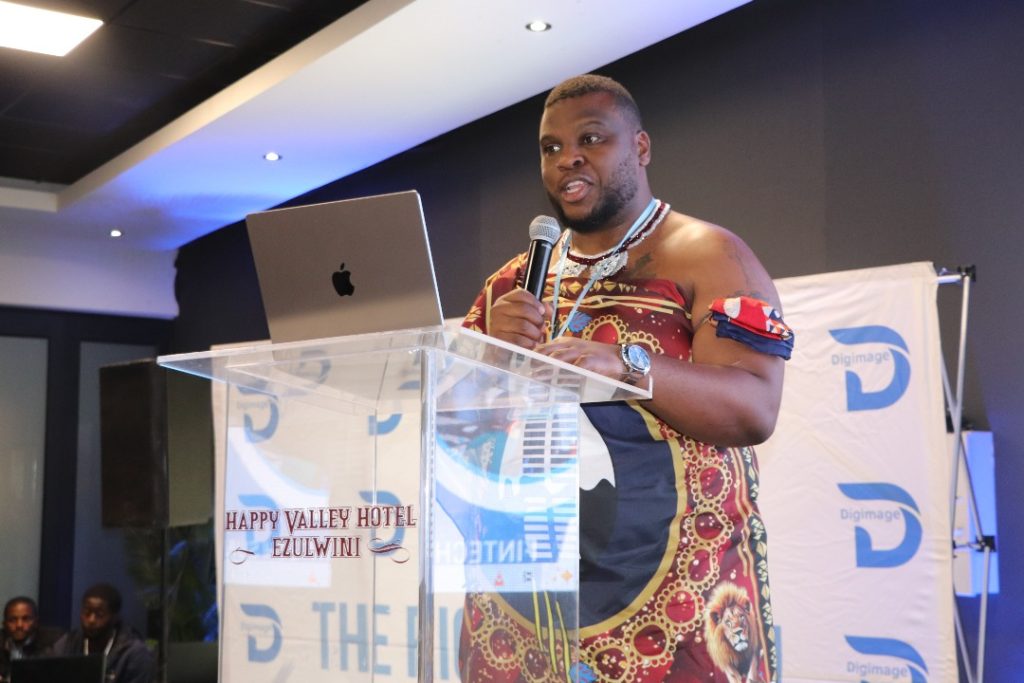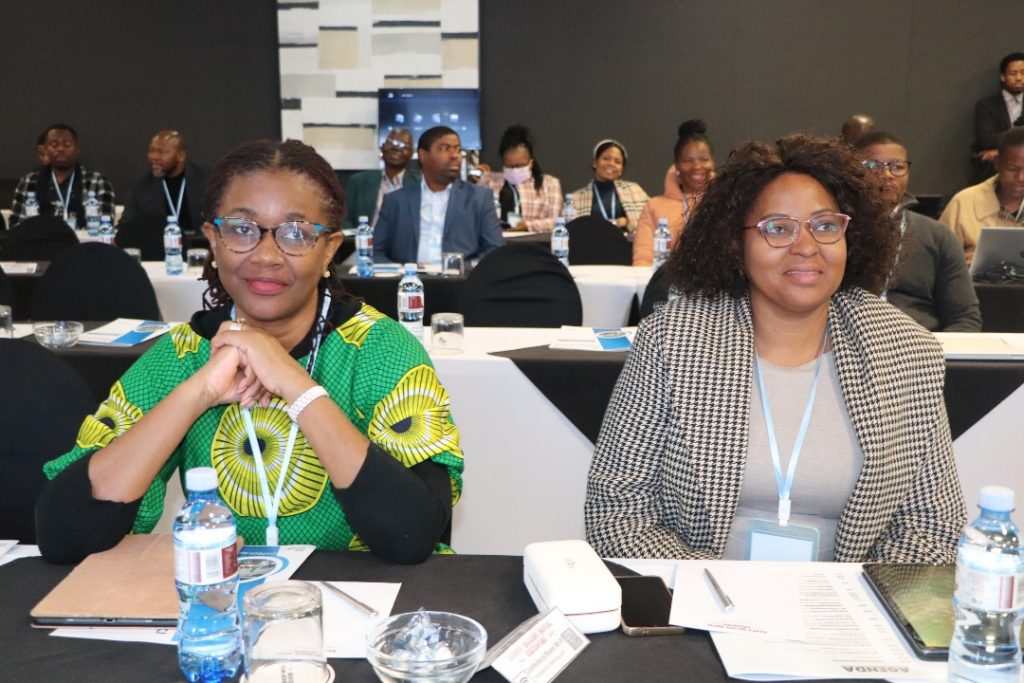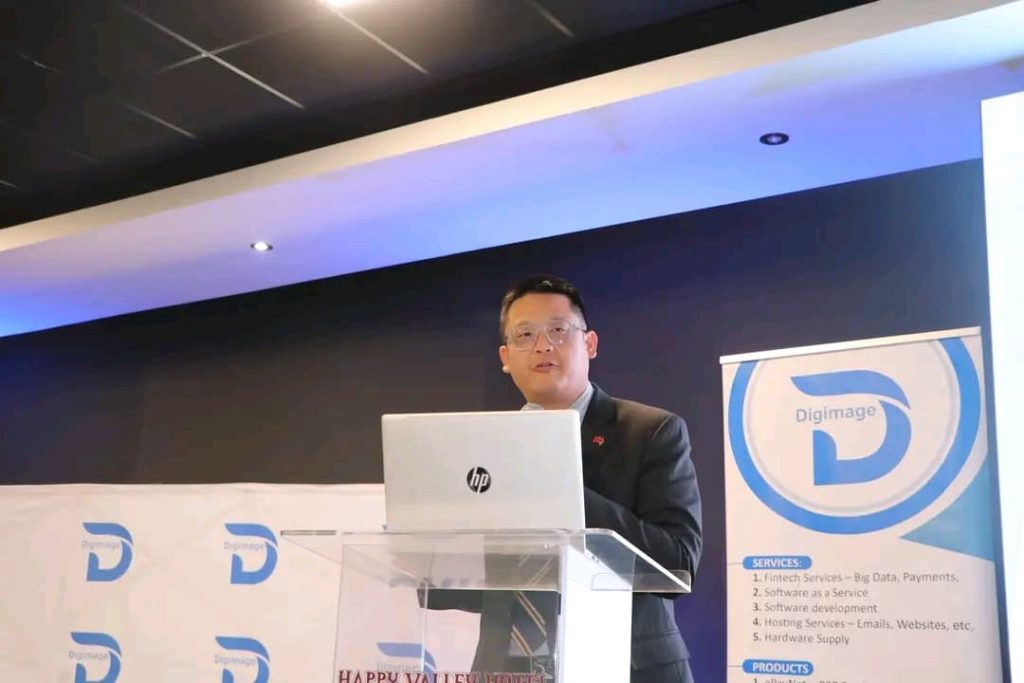
By Nontokozo Gwebu
The rise of financial technology is no longer a conversation reserved for banking halls or tech forums; it is becoming the backbone of inclusive economic growth in Eswatini.
This was the core message echoed by key stakeholders during FINNOVATION 2025, a high-level innovation summit held at the Happy Valley Hotel under the theme “Unlock Growth Opportunities: Collaborate with Innovators to Elevate Your Business to New Heights.”
The summit brought together innovators, policy makers, regulators, financiers, and development partners committed to driving economic resilience through digital solutions, which is a crucial step in building a digitally empowered Eswatini.
Lwazi Maziya, who represented the Chief Executive of the Eswatini Communications Commission (ESCCOM), emphasized that for the country to thrive, broadband access must lead to broadband empowerment.
Despite improvements in internet access, ESCCOM expressed concern over unproductive internet consumption patterns. “A worrying percentage of our internet traffic is consumed on social media,” Maziya noted. “Let us sweat the connectivity to drive real economic value — especially for youth, SMEs, and entrepreneurs.”

For the United Nations Development Programme (UNDP), innovation means reimagining systems that work better for people.
In her keynote address, UNDP Deputy Resident Representative Nessie Golakai-Gould stressed that digital innovation must be accompanied by inclusive finance, especially for those often left behind.
“Finnovation is not just a summit, it’s a signal that Eswatini is ready not just to follow global trends, but to lead,” she said.
She announced UNDP’s strategic shift toward supporting MSMEs through e-commerce integration, digital finance tools, and the AgriFinTech Accelerator, which aims to transform farming into a more tech-driven and profitable sector.
Adding a private-sector voice, Greaves Motsi, Group CEO of SVN Payments, painted a picture of current retail realities. “Cash is still king,” he said.
“There’s limited use of alternative payments, minimal e-commerce, and most retail systems lack customer insight tools.” He outlined a vision where integrated mobile money, QR codes, and real-time reporting can reduce cost and boost customer satisfaction.
“You can be buying a cake every Friday in the same shop, but still go unnoticed; no one knows your trend, and that’s where businesses lose,” he said.
Thabo Magagula, CEO of Umelusi Group, emphasized that being a small country is an advantage. “We can test and scale innovations quickly, just like China did,” he said.
He highlighted the need for confidence and integration among Eswatini’s entrepreneurs, while praising the AgriFinTech app that helps link farmers to markets and finance.
“Give us opportunities in Eswatini, and we’ll build solutions that scale. Let’s do Fintech,” he urged.

Representing development partners, Jason from the Taiwan ICDF appreciated the government’s support for grassroots entrepreneurship. Through SACCOs and mobile banking, he said rural areas are now experiencing better financial transparency and access, although challenges like resistance to tech and high setup costs still exist.
